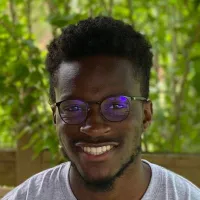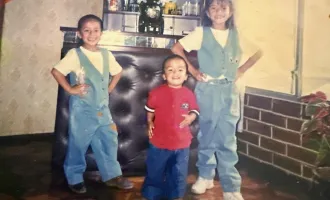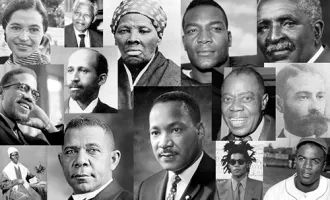
Photo by Jeff Siepman on Unsplash.
Reflections on the Past — Colorism, Self-Doubt, and Resiliency
Growing up in Mississippi was interesting. I grew up in Clinton, which is a suburb of Jackson, the capital. Jackson has a higher number of Black people per capita than any other city in the country, yet I grew up around mostly White people. How did this happen, I’m sure you’re wondering.
Clinton is a small town with around 25,000 people. It is around 53% White and 40% Black, a pretty good distribution that was mostly reflected in the demographics of my high school. However, this wasn’t the case for my honors and AP classes, where I was often in the minority.
There was a consistent group of 10-15 Black people in these advanced classes, but we were easily overshadowed by the White majority. Most of my friends came from this group of “gifted students,” but I often wondered where and if I truly fit in with these circles.
This sense of otherness came not just from the color of my skin but also my skin tone.
Colorism—
the “-ism” often overlooked,
with so many simply unaware.
But is it true ignorance, I wonder,
or just our incessant desire to compare?
Black or White, light or dark,
the comparisons never end.
Even within the Black community,
value is placed based on the tone of one’s skin.
Me being Black and of darker tone,
I am all too familiar,
acutely aware because I wasn’t allowed to forget,
constantly reminded by people I considered friends.
“Where’d Wynton go?” they’d joke in a dark room.
“I’m almost as dark as you!” they’d exclaim after a long summer away.
I’d laugh it off, over and over,
but it just continued to get…older and older.
When did melanin become a bad thing?
It’s something we all have, right?
Apparently, the standard is no longer just White,
but also, light—skin.
There was a period during my freshman year of college when I was hesitant to even tell people that I was pre-med. Me, a Black male, coming in as a chemistry pre-med major seemed, in my mind, a bit ambitious. I knew I could do it, but I didn’t want to entertain others’ potential doubts about my abilities. I knew that along with my identity came certain assumptions about my capabilities, and I didn’t even want to give people the opportunity to express their preconceived notions.
Maybe I was just overthinking and few would’ve actually reacted how I expected, but it makes me wonder why I even had to think like this in the first place. Did my White friends think this way? Probably not, due to the fact that they are overrepresented in medicine, so them going into medicine likely comes as no surprise to most. I never felt truly comfortable with my title as pre-med until after my freshman year, when I learned that I had done very well in my classes.
This is when I first felt like I belonged, like I was capable. Subsequently, I had a lot of positive momentum going into the following summer, during which I attended a pre-med summer program at Duke, which was geared towards exposing minorities to medicine. I was surrounded by 80 other Black and Latinx aspiring doctors from across the country, and I had honestly never experienced something so fulfilling. The drive and excellence were palpable, and my peers encouraged me to walk boldly in my calling and be confident in my abilities as a future physician. I left the program emboldened and empowered, but the program also showed me what I didn’t often see—
Black medical students, physicians, and deans
Black people in high places
Something that sadly seemed foreign
Black people in White spaces
I finally felt comfortable
No longer engulfed in a sea of White
Surrounded by Black excellence
People who overcame the odds despite.
A newfound interest of mine is resiliency. We talk a lot about trauma and adverse experiences and their effects on health outcomes, but we don’t talk enough about how much we’ve overcome in the past and still do to this day. Despite all the barriers that have been intentionally placed in the way of our success and happiness, we have still persisted, which is something I admire and appreciate about us.
My mom is a pediatrician, and my dad is a social epidemiologist. Neither of their parents went to college, but they achieved despite. They paved the way for my siblings and me, almost giving us no choice but to be successful. They gave us all the tools to follow in their footsteps and understandably had high very high expectations for us growing up.
While the pressure to perform was there, it was almost a healthy pressure. They never really forced us to do things we weren’t interested in doing and allowed us to explore our interests outside of academics. They allowed us to be well-rounded people, and for that, I am extremely grateful.
The challenge, growing up, came in grappling with my identity as a Black male but also a member of an upper middle-class household. We lived comfortably, but that didn’t shield us from our identity as Black people in the South. Contrary to popular belief, socioeconomic status is not the great equalizer. However, there was always a certain respect that our White friends and neighbors had for us, knowing what my parents did for work.
But I wonder if that would’ve been the case if my parents weren’t professionals. How would we have been treated if my parents worked in the service or food industry? Would we even be in the same neighborhood, attending the same schools?
These are all questions I’ve considered, and they’ve shaped my outlook on the privileges I have. But is it true privilege or simply how it should be…
You tell me.



